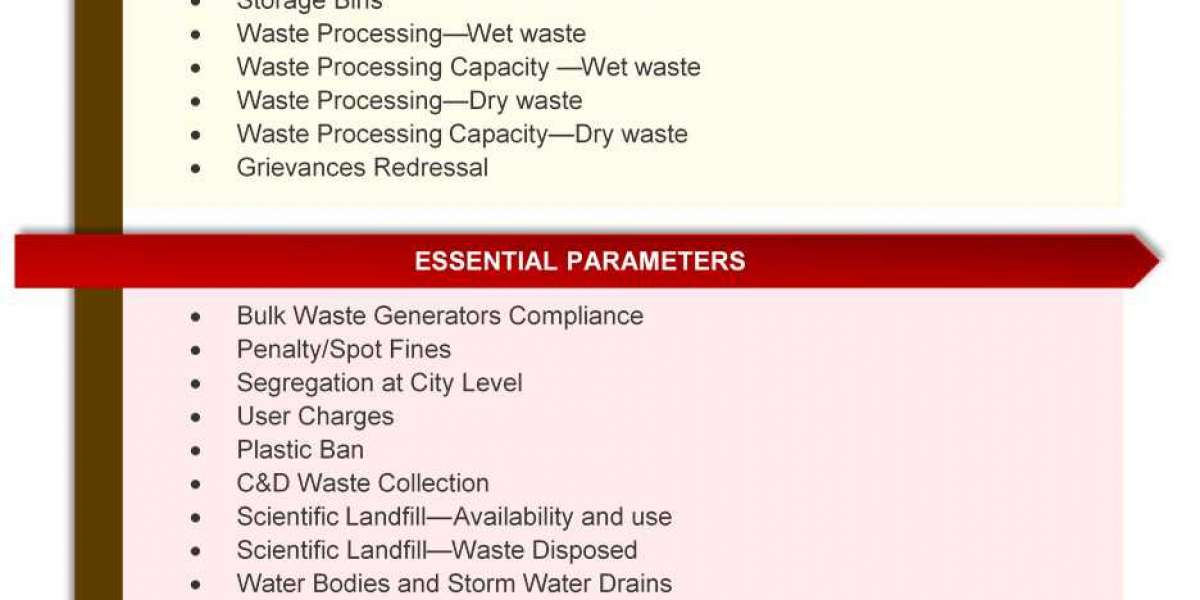Hey there! If you're like me, you understand the importance of laying a solid foundation for reading skills in young kids. In today’s tech-savvy world, phonics apps can play a huge role in that journey. So, let’s dive into the best phonics apps out there that can help your little ones become confident readers!
The Importance of Phonics in Early Reading Development
When it comes to reading, phonics is a game changer. It’s not just about sounding out words; it’s about understanding how letters and sounds work together to form language.
What is Phonics, and Why is It Essential for Literacy?
Phonics is the method of teaching reading by correlating sounds with letters or groups of letters. This approach is essential for literacy because it helps children decode words independently, giving them the skills to tackle new reading materials confidently. ?
How Phonics Improves Letter Recognition and Sound Association
By focusing on the connection between sounds and letters, phonics helps kids recognize letters and their corresponding sounds. This recognition is the first step in building reading fluency. For example, when a child learns that the letter “B” makes the /b/ sound, they can start sounding out words like “bat” or “ball.”
Benefits of Phonics for Building Confidence in Reading
Phonics not only teaches kids how to read but also boosts their confidence. When children can read words on their own, they feel accomplished and motivated to explore more books. It’s like giving them a superpower! ?♀️
Key Features of Effective Phonics Apps for Kids
Choosing the right phonics app can make all the difference. Here are some features to look for that will keep your kids engaged and learning.
Interactive Lessons and Games for Engaging Learning
The best phonics apps offer interactive lessons that make learning fun. Through games and challenges, kids can practice their skills in a playful environment. For instance, apps that feature puzzles or quizzes encourage children to think critically while enjoying the process.
Safe, Ad-Free Environments that Encourage Focus
When kids are learning, distractions can be a big hurdle. Look for phonics apps that are ad-free, allowing kids to focus entirely on their reading without interruptions. A safe learning environment fosters concentration and engagement, which are crucial for effective learning.
Personalized Learning Paths that Adapt to Each Child’s Progress
Every child learns differently, so personalized learning paths can be incredibly beneficial. Some phonics apps assess a child's progress and adapt the content accordingly, ensuring that they are challenged just enough to stay motivated without feeling overwhelmed.
Best Phonics Apps for Early Readers by Age Group
Now that we understand what makes a great phonics app, let’s check out some of the top options available for various age groups.
ABC Educational and Toddler Games for Phonics Basics
For the youngest learners, apps like Kinder ABC and Endless Alphabet introduce phonics through colorful animations and engaging stories. These apps are designed for toddlers and preschoolers, helping them recognize letters and sounds through play.
Advanced Phonics Apps for Elementary-Age Kids
As kids grow, they need apps that offer more than just the basics. Reading Eggs and Hooked on Phonics provide structured lessons that build on foundational skills, making them perfect for elementary-age children. They offer comprehensive exercises that help reinforce what kids have learned in school.
Comprehensive Phonics Apps that Integrate Reading Practice
For a well-rounded approach, consider apps like Teach Your Monster to Read and ABCmouse.com. These platforms not only focus on phonics but also integrate reading practice, allowing kids to apply their skills in real reading scenarios. They also feature a variety of books that align with what kids are learning, making reading enjoyable.
How Phonics Apps Support Long-Term Literacy Development
Phonics apps can do more than just teach basic skills—they can set the stage for lifelong literacy.
Building a Foundation for Vocabulary and Comprehension
A strong phonics foundation helps children build their vocabulary and comprehension skills. When kids understand how words are constructed, they are more likely to engage with texts and expand their understanding of language.
Reinforcing Phonemic Awareness with Interactive Tools
Phonemic awareness is the ability to hear and manipulate sounds in words. Phonics apps often include interactive tools like sound sorting and blending activities, which reinforce these skills and promote better reading abilities.
Bridging the Gap Between Phonics and Independent Reading
Finally, phonics apps help bridge the gap between learning to read and reading to learn. By giving kids the tools they need to decode words, they can start reading independently and enjoying books on their own. This independence is crucial for fostering a love of reading! ?
Wrapping Up: Choosing the Right Phonics App for Your Child
Choosing the right phonics app for your child can be a game-changer in their reading journey. Look for apps that are interactive, safe, and tailored to their learning style. Remember, the goal is to make learning fun and engaging. With the right tools, like those found in apps, kids can build a strong reading foundation that lasts a lifetime.
I hope this guide helps you find the perfect phonics app for your little reader! Happy learning, folks! ?
Frequently Asked Questions (FAQs)
What age should kids start using phonics apps?
It's generally recommended that kids start using phonics apps around ages 3 to 5. At this stage, they can begin to learn letter recognition and sound associations, which are foundational for reading.
Are phonics apps enough to teach reading independently?
While phonics apps are a fantastic tool, they are most effective when used alongside traditional methods of teaching, such as reading with parents and teachers. Apps can reinforce skills but shouldn’t replace interactive learning experiences.
How do phonics apps differ from traditional phonics methods?
Phonics apps often incorporate interactive elements and gamification, making learning more engaging compared to traditional methods. They also provide personalized learning paths that can adapt to a child's pace, something that can be challenging in a classroom setting.
Are there free phonics apps that are effective?
Yes! There are several free phonics apps available, such as Starfall and Phonics Fun. While they may offer limited content compared to paid apps, they can still provide a solid foundation for early readers.
How can parents ensure phonics apps align with school learning?
Parents can check with teachers or school curriculum guides to see which phonics skills are being taught. This way, they can choose apps that reinforce what their child is learning in school, making for a more cohesive learning experience.














